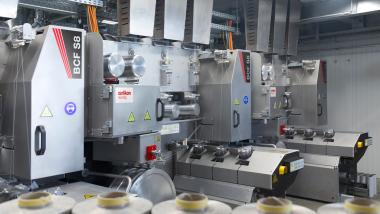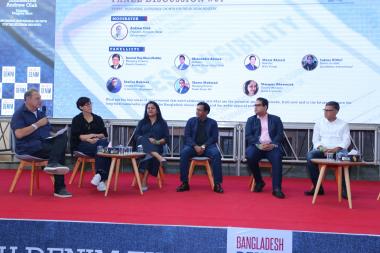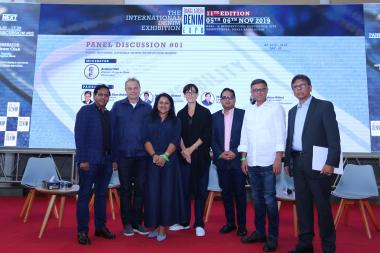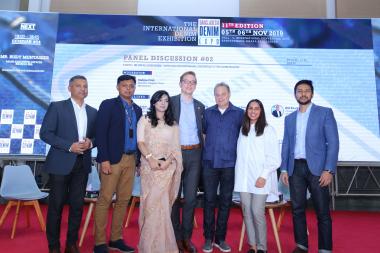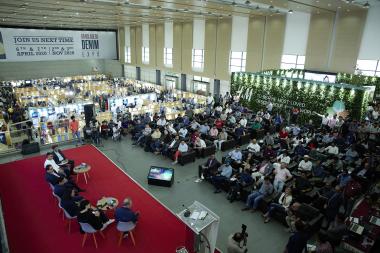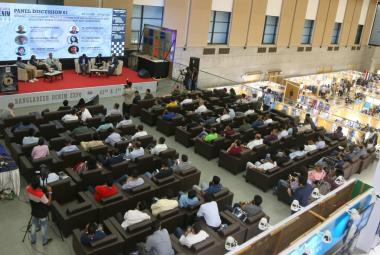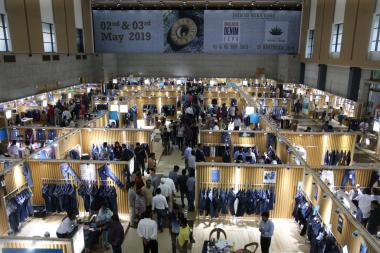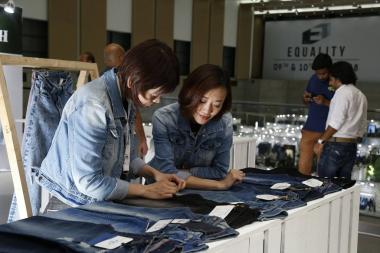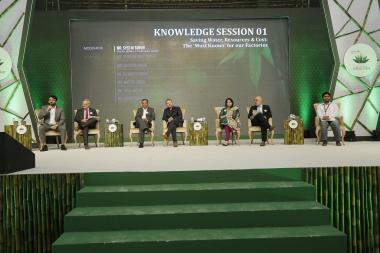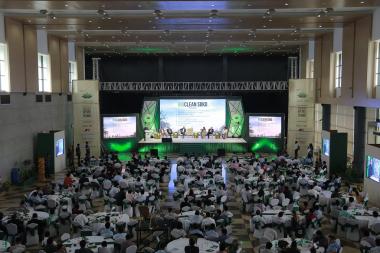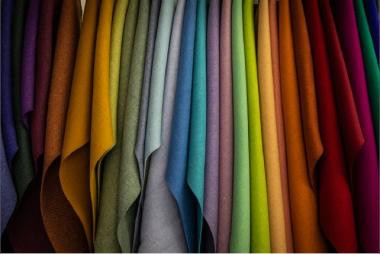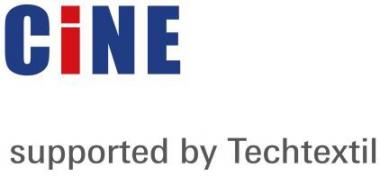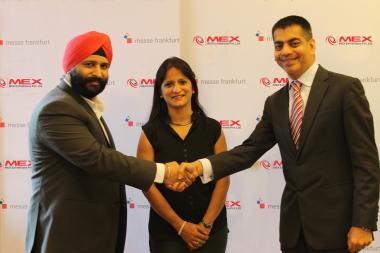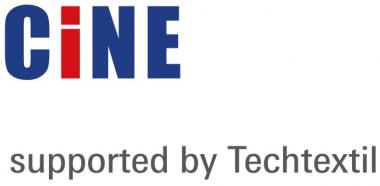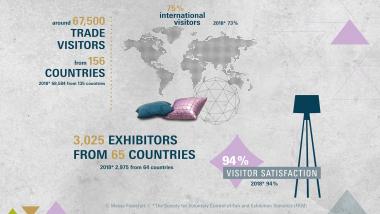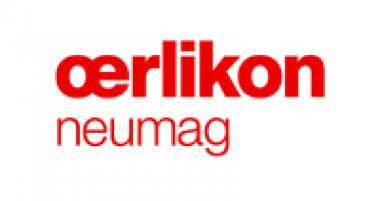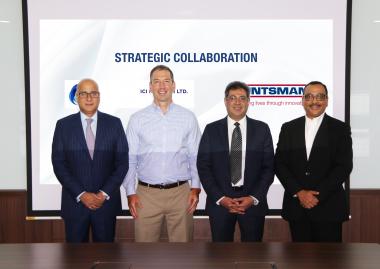Egy Stitch & Tex 2020: Oerlikon Manmade Fibers Focuses on Carpet yarns
The Oerlikon Manmade Fibers segment will be presenting itself at the Egy Stitch & Tex 2020 between March 5 and 8, 2020 in Cairo – with a clear focus on the needs of the African market. In Hall 1, Stand B2 The Oerlikon Barmag and Oerlikon Neumag experts will also be showcasing the comprehensive product and service portfolio of the world market leader for manmade fiber systems at the stand of Oerlikon’s representative ATAG Export & Import.
The spotlight of the Oerlikon Manmade Fibers segment’s trade fair attendance will be on two core technologies: the new generation of Oerlikon Barmag eAFK Evo texturing machines is to be unveiled within the African market for the very first time. It promises higher speeds and productivity with consistently high product quality, along with lower energy consumption and simpler operation vis-à-vis comparable market solutions. In particular, the numerous value-added features include two that convince with cutting-edge technology: the optimized, innovative EvoHeater and the EvoCooler, a completely newly-developed active cooling unit.
The second technology focus offers new opportunities for the Egyptian market and the Middle Eastern markets in particular: with Oerlikon Neumag’s BCF S8 monocolor and tricolor system, the segment will be unveiling its new carpet yarn production flagship. Superlative spinning speeds, up to 700 individual filaments, finer titers of up to 2.5 dpf – the performance data and technological finesse of the new system have already made a huge impression at numerous trade fairs and roadshows over the past year. The tricolor’s core component is the new, patent-pending Color Pop Compacting unit (CPC-T) for even more flexible and more even color separation. With the CPC-T, individually-controllable air pressures for each color provide pre-tangling, which accentuates the colors and hence makes more than 200,000 different shades possible. Whereas it has been very difficult to manufacture strongly color-separated or color-accentuated BCF yarns from polyamide 6 to date, this will in future be possible thanks to the CPC-T system. As a result of the new design, the CPC-T is now also suitable for processes with low yarn tensions.
Expanded product offering for manufacturing carpet yarns
Know-how covering all relevant technologies deployed in manmade fiber spinning plants enables Oerlikon – as the world’s only manufacturer – to expand its range of products and services for making carpet yarns. The POY- and texturing-based system concept is designed for a carpet and home textiles segment that demands particularly soft and bulky polyester yarns with BCF-like properties. Here, the aim is to produce yarns with titers of max. 1300dtex and typically more than 1,000 filaments, with typical products including, for example, 1300dtex f1152, 660dtex f1152 and 990dtex f768. The machine concept comprises the well-known WINGS HD POY winder, along with the eAFK Big-V texturing machine.
Oerlikon Manmade Fibers


